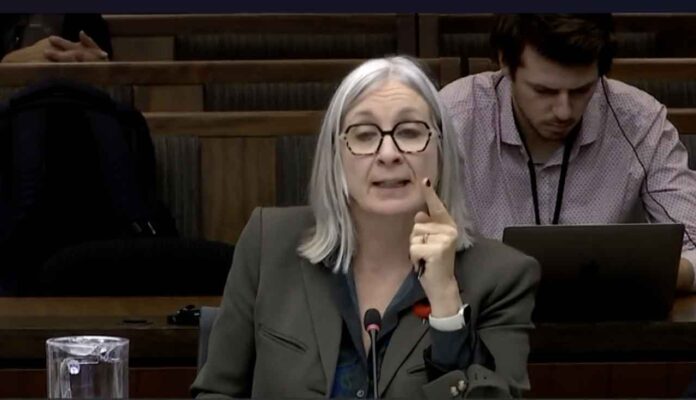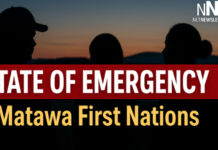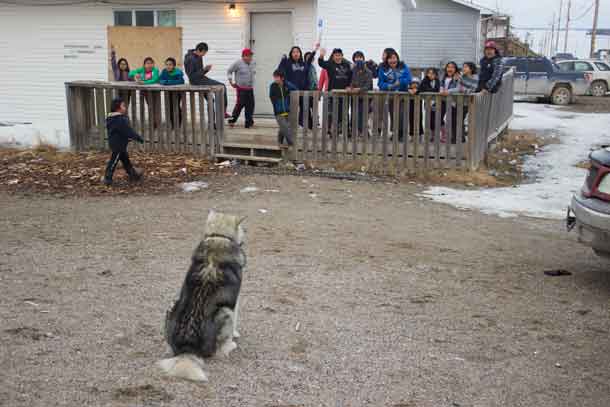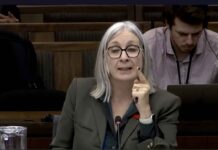VANCOUVER – POLITICS – A new study by the Fraser Institute, a Canadian public policy think-tank, has sparked debate by suggesting that a dramatic increase in federal spending on Indigenous affairs has not resulted in a corresponding improvement in Indigenous living standards.
The study, titled “An Avalanche of Money: The Federal Government’s Policies Toward First Nations,” reveals that federal spending on Indigenous affairs has nearly tripled since 2015, from $11 billion to a projected $32 billion by 2025. This includes significant increases in settlement payouts for class-action lawsuits and specific claims related to treaty violations.
However, the study argues that the modest improvement in Indigenous living standards observed during this period is primarily attributable to the Canada Child Benefit (CCB), a universal program available to all Canadian families with children.
“Because Indigenous people generally have lower incomes and more children than other Canadians, they gain more from Ottawa’s Canada Child Benefit program,” explained Tom Flanagan, senior fellow at the Fraser Institute and author of the study.
The study points to Statistics Canada’s Community Well-Being Index, a broad measure of living standards, which shows a slight narrowing of the gap between First Nations and other Canadian communities. However, the study contends that this improvement is likely linked to the CCB, introduced in 2016, rather than the increased spending specifically targeted at Indigenous affairs.
Flanagan argues that “if policymakers in Ottawa want to help Indigenous people, they should look closely at what types of spending produce the most tangible benefits.” The study implies that current spending patterns may not be effectively addressing the root causes of socioeconomic challenges faced by Indigenous communities.
This report has the potential to reignite discussions about the effectiveness of federal spending on Indigenous programs and services. It raises questions about whether the current approach is truly leading to meaningful improvements in the lives of Indigenous peoples.







